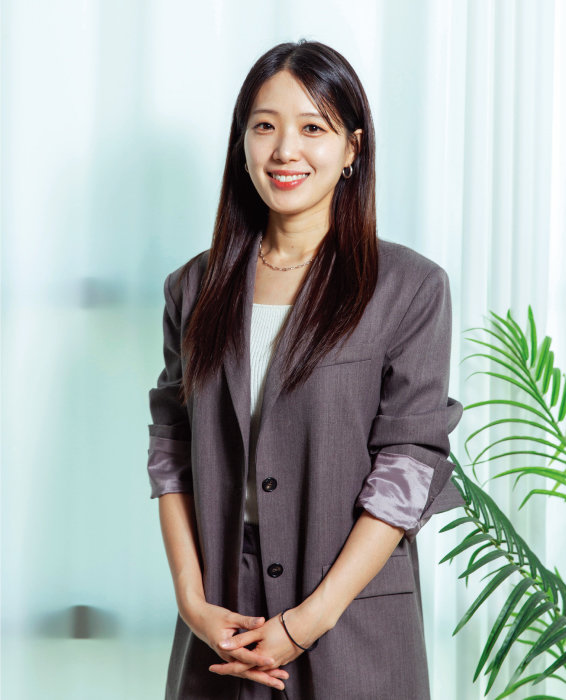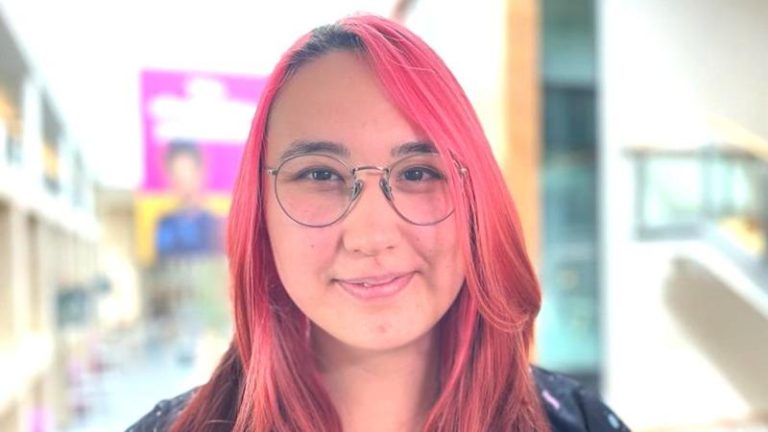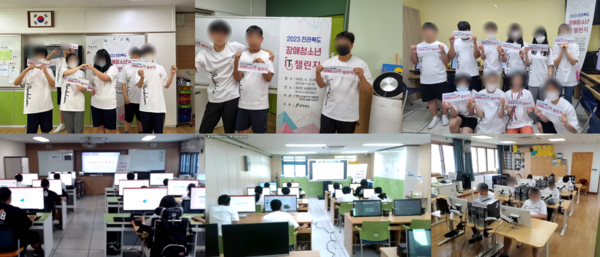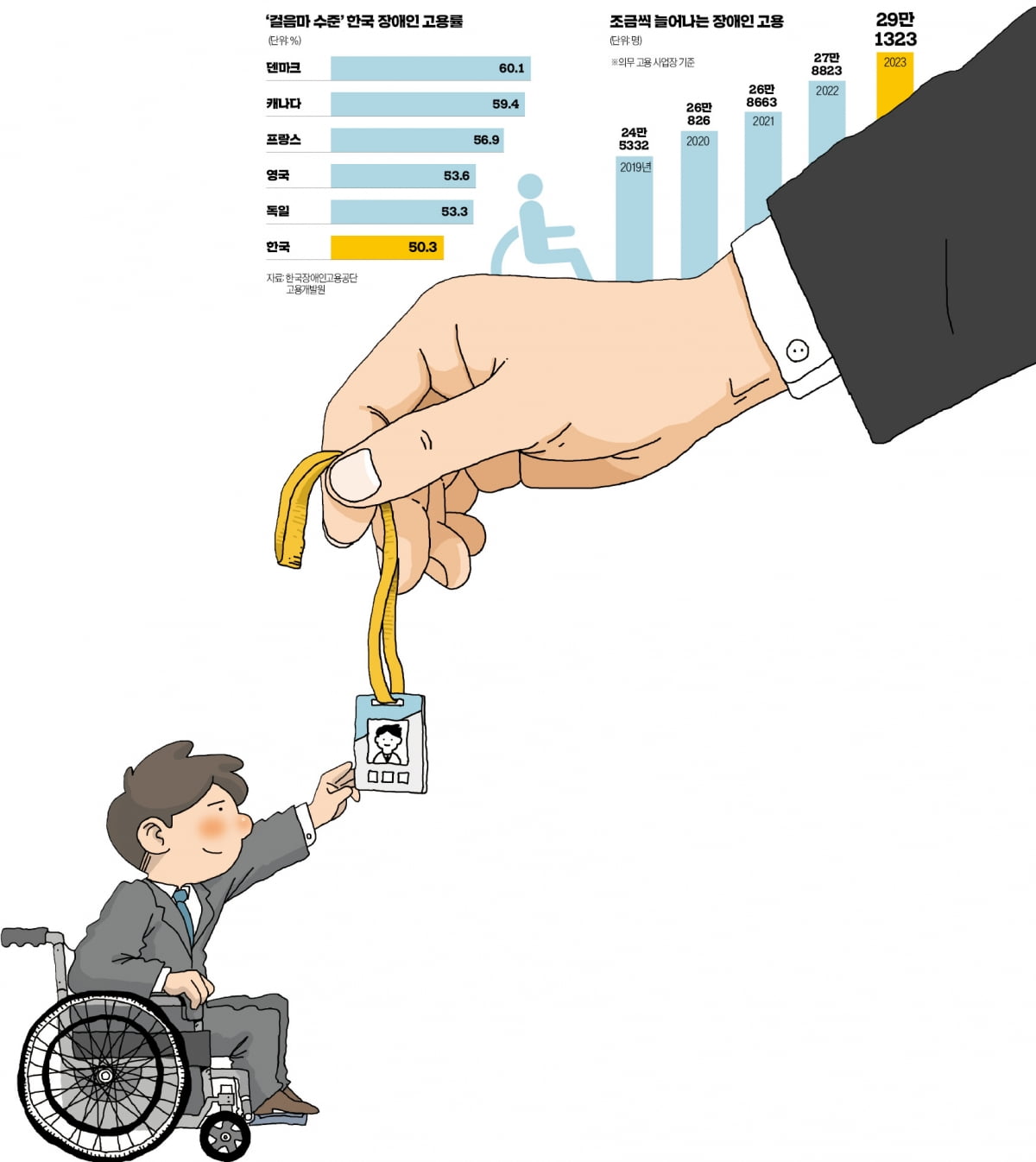With the proliferation of ‘barrier-free’ that breaks down the boundaries between disabled and non-disabled people, the barriers in the field of entertainment are still high and solid. Parastar Entertainment, Korea’s first entertainment company specializing in artists with disabilities, has taken the first step to overcome that barrier with the world’s first deaf boy group, Big Ocean.
On April 20, the Day of the Disabled, the world’s first deaf idol ‘Big Ocean’ debuted. They are a three-member boy group, and all the members are deaf, and they sing and dance just like any other idol. Big Ocean produces music in spoken language with the help of AI technology that deep learns voice data. In addition, they sing in Korean sign language, English sign language, and international sign language. The timing and tempo of the choreography are set by a flashlight or a vibrating wristwatch-shaped metronome. International organizations such as the World Health Organization (WHO) and the International Labor Organization (ILO) officially sent congratulatory messages on their debut. It was with the expectation that it would break barriers and social prejudices caused by disability and bring about positive changes in the disability world as a whole, not just artists with disabilities.
Until Big Ocean’s debut, it was the first entertainment company in Korea specializing in artists with disabilities, ‘Parastar Entertainment’ (hereinafter referred to as Parastar). They gathered members through casting and auditions, and applied various AI technologies, including deep learning programs, to help them practice singing and choreography won. Cha Haley, who leads Parastar, is a former YTN anchor who is familiar to the public through SBS’s ‘Girls Who Hit Goals’.
It was in 2018 that she conceived the idea of an entertainment business specializing in disability. Ms. Cha, who was working as an announcer at the time, hosted the 30th anniversary celebration of the Seoul Paralympics held in 1988. Through this, I learned from the players I met that even if they were offered advertisements and broadcasts, it was not easy for them to actually succeed. I thought that if there was an agency in the middle, it would be possible to make a deal won, so I set up Parastar in 2020. Then, they recruited 16 artists who are active in various fields such as sports players and artists and started the agency business in earnest.
However, in the end, it was difficult to generate a profit structure other than commissions. Even the commission didn’t come easily. This is because the casting of the artists itself was difficult before working as an agency. While operating the agency’s own production, they filmed their own content and built-up references, but this also ran into limitations. Due to the COVID-19 pandemic, even able-bodied artists were in a cold season, and there was not much room to hire artists with disabilities, whether in broadcasting or related fields. The profit is too low to continue as an artist’s main job, and most artists with disabilities have no choice but to work as a side hustle in a precarious situation where they have a day job.
*Please note this is a Korean article
Source: WOMAN DONGA




